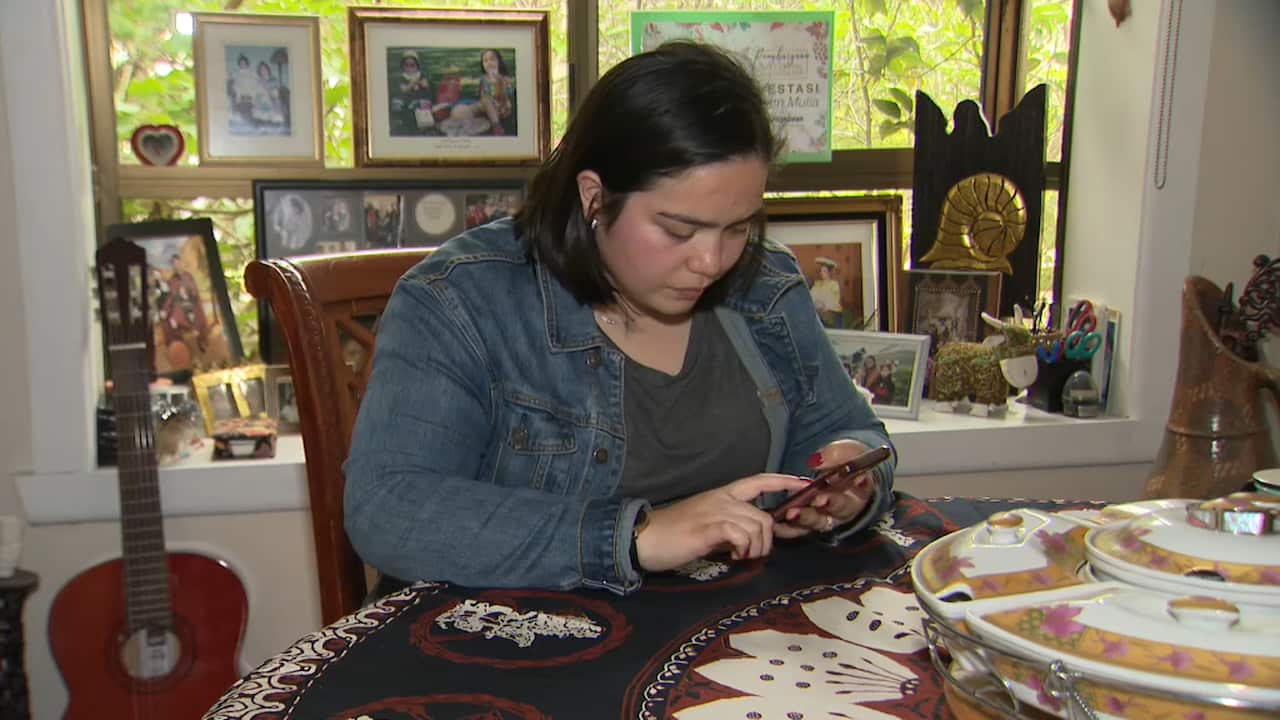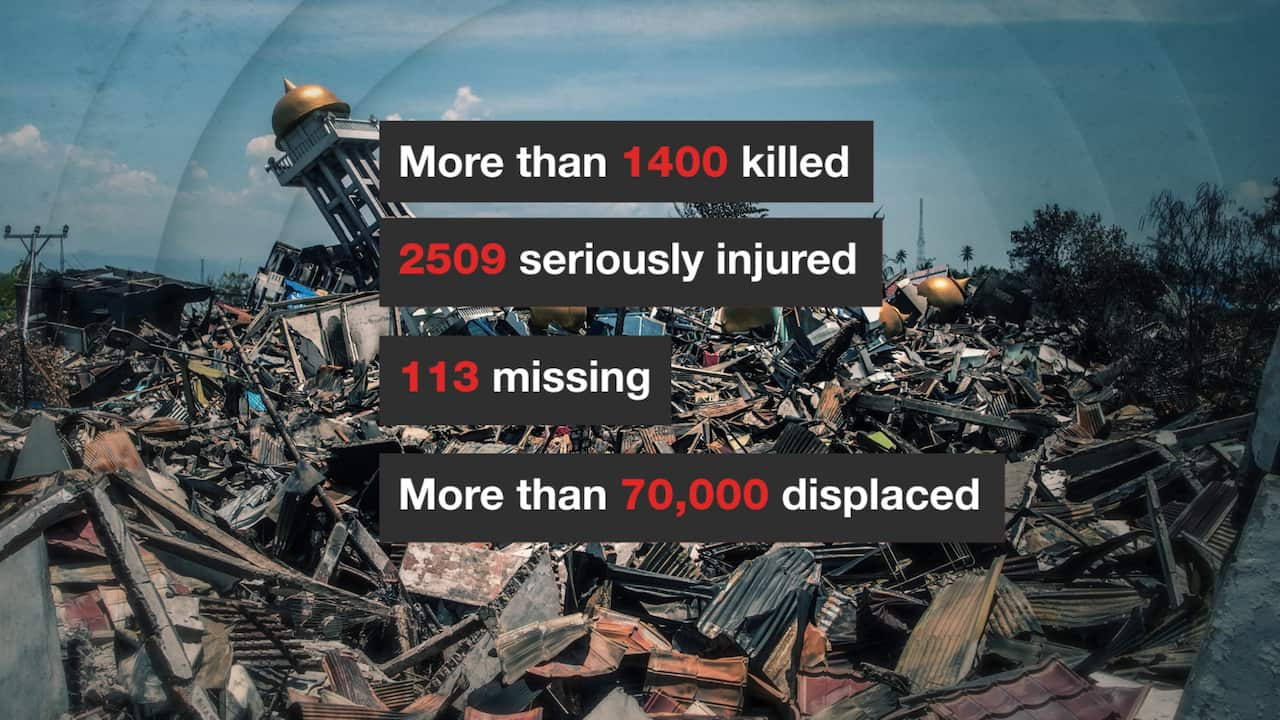Indonesia's earthquake and tsunami has hit close to home for ex-pats in Australia with many of their family and friends living in Palu and surrounding areas still missing.
Ningsih Millane migrated to Australia from Sulawesi island thirty years ago and still has dozens of family members in Indonesia.
“He lost his daughter, she was only eight-years-old, and until now they couldn't find his wife yet,” she told SBS News.
"Something like this makes us feel so sad you know because we miss them so much. I hope they are OK".
Ms Millane’s daughter, Yana, who has spent time in Palu, has used social media to receive updates from her friends.
“Originally it was through word of mouth and people saying ‘I’ve seen so and so at this kind of temporary shelter,” she told SBS News.
“And then eventually on Facebook they started marking themselves as self with that application as soon as they had signal available.
“There’s still one or two we haven’t heard back from but just remaining hopeful and waiting for them to respond.”

Yana Millane has set up a fundraiser to help people affected by the Indonesia earthquake and tsunami Source: SBS News
An image of a family friend wrapped up in a blanket with no shelter prompted Yana Millane to find ways to help the devastated community.
“Originally we set it at a thousand dollars, hoping for family and friends to donate, but it’s just taken off,” Ms Millane said.
Given the logistical challenges of getting aid to the rural Palu community, leading aid organisations are welcoming cash donation efforts like these.
“The goods supplies are available in Indonesia and are currently in transit by sea, or by land, or by air, so they can be purchased in Indonesia and made available [but] to get goods from Australia can take a very long time and often the goods may not be actually what is needed on the ground,” Marc Purcell, CEO of the Australian Council for International Development told SBS News.
"Donations of cash are by far the most useful."
Oxfam Australia has scaled up its relief effort to half a million people, making the access to fresh drinking water one of its priorities.
“As the information and as what support is needed becomes clearer, we’ll look at it and revising with what the best plan to approach with,” Oxfam Australia humanitarian manager, Meg Quartermaine, told SBS News.
“Logistics is an enormous challenge in any response, but in this response it is front and centre.”
“We know that Australians have always been generous especially to our neighbours in times of emergency responses.”

Source: SBS News
Share


